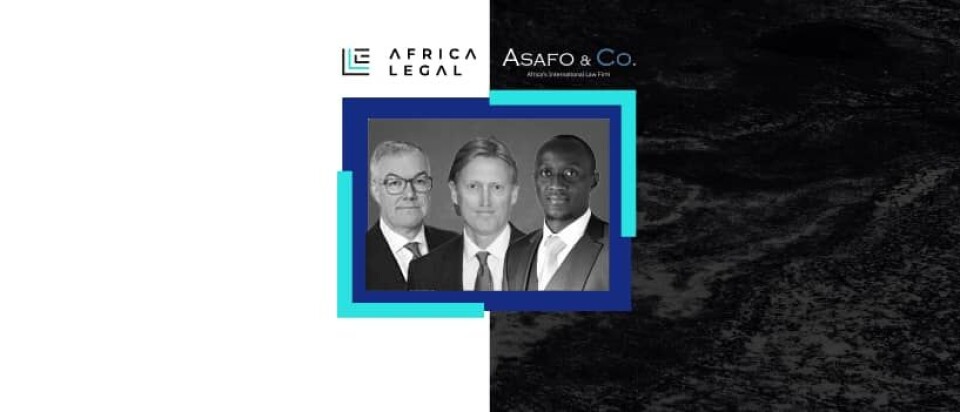Copyright : Re-publication of this article is authorised only in the following circumstances; the writer and Africa Legal are both recognised as the author and the website address www.africa-legal.com and original article link are back linked. Re-publication without both must be preauthorised by contacting editor@africa-legal.com
Africa’s Green Project Market

The renewable energy projects market in Africa is playing catch up with the rest of the world. Solar and wind power made up just 3% of Africa’s generated electricity in 2018 compared to 7% in other regions, according to a study by the Brookings Institution. But that is likely to change as many African countries become increasingly industrialised and seek more sustainable and less expensive sources of energy, says Isaiah Mungai Kamau, a partner at the Kenyan-based ASAFO & CO. offices MMC Asafo.
“The evolution of the renewables market in Africa is driven largely by the influx of developers from more advanced economies who capitalise on the inadequate capacity and experience of the other players in the African market and hence raising competition through innovative and more cost-efficient technology,” he said. “Technology will therefore be a key driver in the evolution of the renewables market in Africa.”
Part of the increase in renewables projects is due to the fact that capital costs have been coming down, making it more competitive to develop solar projects relative to more conventional power solutions, says fellow ASAFO & CO. partner Simon Ratledge. But there is a snag with renewables that means Africa cannot rely exclusively on green energy.
“You need to match demand with production and the big issue in Africa is that most people need electricity when the sun goes down, and at the moment storage possibilities are still in their infancy across most of the continent,” says Ratledge. “You need baseload power to be delivered when people need it and that isn’t necessarily when the wind is blowing or the sun is shining.”
Hydroelectric projects can also help deliver baseload power, but these projects also have challenges, he says. First, some can start to run dry when the rainy season is over, and second, hydroelectric projects as a whole take a particularly long time to develop.
“Development timeframe is a major issue with all these projects in Africa—the lead time is much longer than you might see elsewhere just because of the dynamics of putting together deals in countries where so much of the work needs to be done from scratch,” Ratledge says.
All of that means that traditional fossil fuels are going to remain important as part of Africa’s energy mix even if deals are harder to execute.
“The mix needs to be broad but it’s becoming clear today that amongst the various conventional power generation solutions there’s a hierarchy of what can be done relatively easily and what’s becoming a lot more challenging from a bankability perspective,” says Ratledge.
“Developers used to be able to rollout coal-fired power stations fairly easily five or ten years ago, and now that’s proving not to be the case. Heavy fuel oil can also be difficult today, but in principle easier to implement on a dual-fuel basis where gas can come online and make production cleaner. Gas is certainly emerging as the frontrunner in terms of the bankability of fossil fuel technologies today.”
The general funding environment for projects on the continent is also a challenge. London-based ASAFO & CO. partner Andrew Thomas says securing investment in the equity layer of the capital structure is a common problem that deals frequently bump up against even when projects are advanced and contracts are robust.
“Finding that equity piece of the puzzle is why at ASAFO & CO. we’ve been building out the private equity side of the business because increasingly unless you have a very strong financial sponsor, the equity side of the capital structure is often problematic,” says Thomas.
To learn more about managing African projects, click here
To join Africa Legal's mailing list please click here
